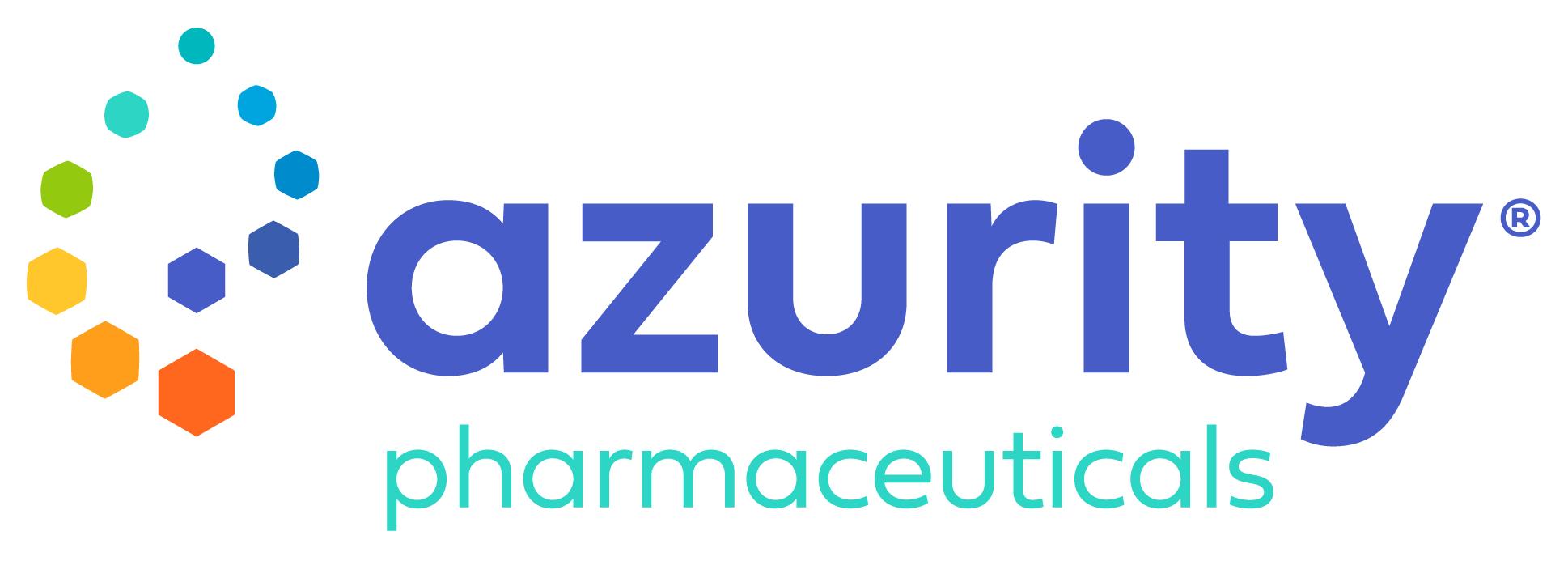Malignant gliomas may be treated with surgery, radiation, chemotherapy, or any combination of these treatment options. The treatment your doctor recommends depends on various factors including the type of tumor, its location, and its size.
- SURGERY
- If possible, surgery is usually the first step in treating most brain tumors. The surgeon will remove as much tumor as possible without damaging healthy tissue, either to provide tissue for diagnosis, relieve symptoms caused by the tumor or to reduce the amount of tumor left to be treated with radiation and/or chemotherapy.
- GLIADEL® Wafer
- Gliadel Wafer is a locally delivered chemotherapy that can only be given during surgery. For patients who meet the appropriate criteria, up to 8 wafers can be applied to the tissue in the area of the brain where the tumor was located. The goals of local delivery are to avoid delivering chemotherapy throughout the body and to increase its chemotherapy at the tumor site.
- CHEMOTHERAPY
- Chemotherapy is a cancer treatment that works by killing cancer cells, stopping their growth or slowing their growth. Chemotherapy drugs are delivered orally, injected into an artery, vein, muscle or the skin, or delivered locally at the tumor site after surgery.
- RADIATION THERAPY
- Radiation therapy uses beams of intense energy to destroy, slow the growth of or stop the growth of cancer cells. Doctors typically give radiation therapy after surgery and possibly along with chemotherapy.
- TUMOR TREATING FIELDS
- This treatment uses alternating, low-intensity electrical fields that are delivered by placing electrodes on the outside of a person’s head. The electromagnetic fields interfere with the parts of a tumor cell that are needed for the cells to grow and spread.
*The American Association of Neurosurgeons/Congress of Neurological Surgeons (AANS/CNS) Joint Tumor Section includes carmustine (BCNU) wafer as a recommended therapy for both newly diagnosed and progressive glioblastoma patients for whom craniotomy is indicated.
EXPLORE THE BRAIN

